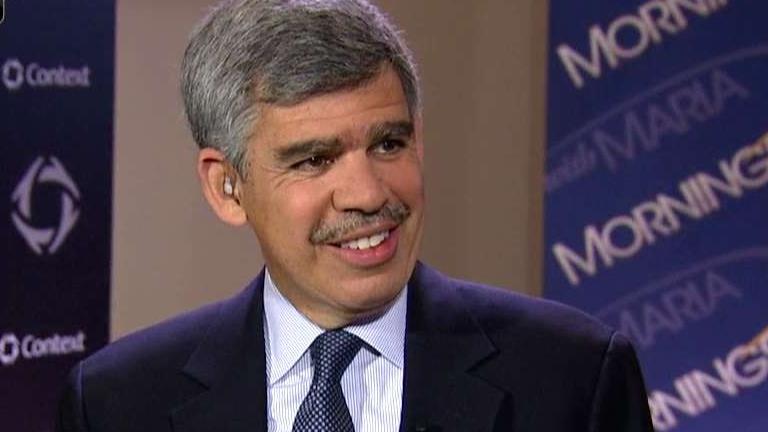Bank of England to hold rates after data downturn
LONDON (AP) — The Bank of England decided Thursday to not raise interest rates again and cut its forecast for British economic growth this year, blaming the downgrade almost entirely on the cold and snowy weather that gripped the country in late-winter.
Following a run of weak economic data, the bank's Monetary Policy Committee voted 7-2 to keep the main interest rate at 0.5 percent. Until a few weeks ago, the overwhelming view in the markets was that the panel would raise it by a quarter point to 0.75 percent. Bank of England officials, including Governor Mark Carney, had appeared to endorse that expectation.
That would have been the bank's second rate hike in six months following November's, which was the first in a decade. And it would have taken borrowing rates to their highest since almost nine years ago, when the central bank was slashing rates to help the economy through its deepest recession since World War II following the global financial crisis.
Despite their decision to hold fire on Thursday, policymakers insisted that further rate increases are likely. The bank's quarterly economic forecasts suggest the next increase may not happen until the latter part of this year, though.
The delay in rate increases has been due to two factors.
First, official figures showed that the British economy barely grew in the first three months of the year. The 0.1 percent quarterly growth was markedly down on the Bank of England's forecast of around 0.4 percent and was, according to the bank, almost entirely due to wintry weather — dubbed the "Beast From the East" — in late February and early March. Though it described the first quarter as a "soft patch" with few longer-term implications, the bank has had to revise down its projection for this year's economic growth to 1.4 percent from 1.8 percent previously.
The second reason the central bank opted against another rate increase is that inflation has fallen more than anticipated. In the year to March, consumer prices were up 2.5 percent, markedly below the bank's projection of almost 3 percent. That matters as the rate-setting body's primary mission is get inflation close to 2 percent.
Minutes to the central bank's meeting showed that it believes that the boost to inflation from the pound's sharp fall in the wake of the Brexit vote in June 2016 "appeared to have peaked" and "while remaining significant, was likely to fade a little faster than previously thought."
The majority of rate-setters preferred to wait to raise rates to "discern whether the softness in the first quarter might persist."
"The costs to waiting for additional information were likely to be modest, given the need for only limited tightening over the forecast period to return inflation sustainably to target."
The bank expects inflation to ease back to 2.1 percent by this time next year and get to target in two years — a lower profile than previously thought.
The projections are conditional on the main interest rate rising to 1.1 percent in two years and to 1.2 percent in three years.
The two rate-setters who opted for an immediate quarter-point increase argued that the labor market remained strong, with unemployment at its lowest level since 1975, and noted that wages were growing. They argued that a modest rate increase now would lower the risks of having to raise borrowing costs more sharply later on if wages push inflation higher.
However, as with everything related to the British economy, much depends on the outcome of the Brexit discussions. There's still a lot of uncertainty over Britain's post-Brexit relationship with the EU. The bank's forecasts are based on an assumption that there will be a smooth transition to the new trading relationship.
Like bad weather, Brexit is a variable that risks derailing the central bank's plans.
MPC ... and therefore expect the lack of a hike to be presented as an expected postponement rather than a cancellation," UBS interest rate strategist John Wraith said.
But with growth slowing, the central bank could struggle to raise rates at all this year, he added.
(Editing by William Maclean and John Stonestreet)




















